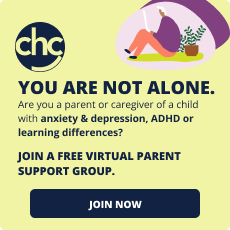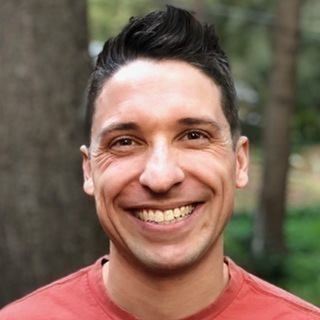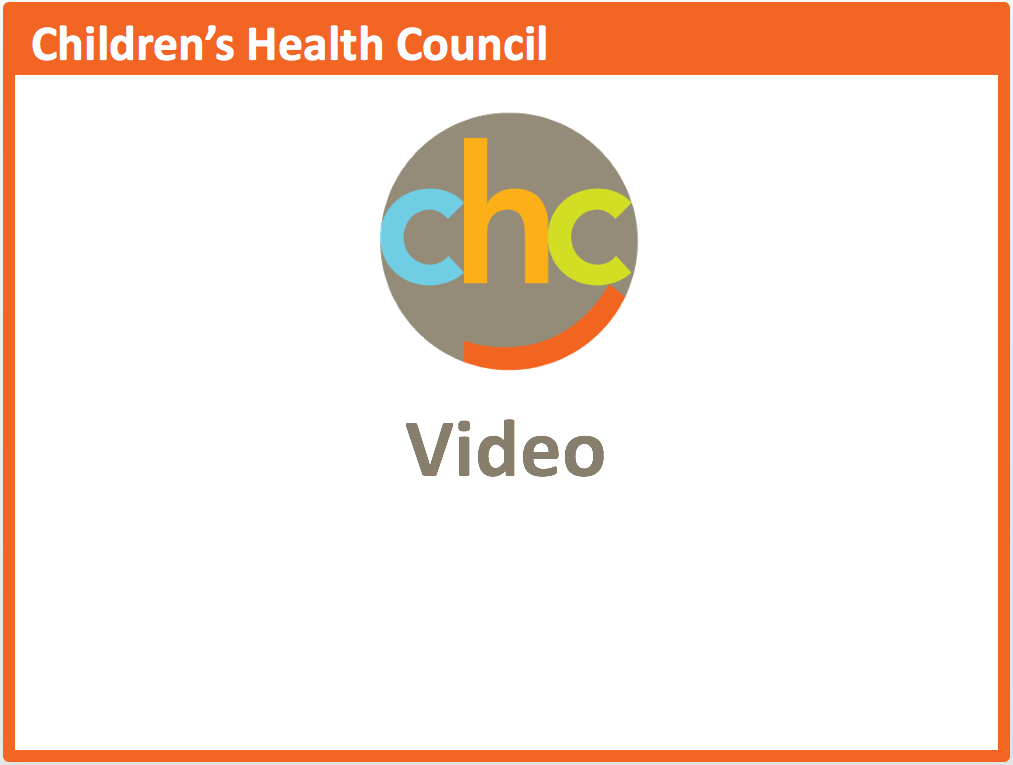
Attention-deficit/hyperactivity disorder (ADHD) can often be managed with the right treatment. Treatment recommendations will vary by age group and include behavior therapy and medications.
My child has been diagnosed with ADHD — Now what?
When a child is diagnosed with ADHD, parents often have concerns about which treatment is right for their child. ADHD can often be managed with the right treatment. There are many treatment options, and what works best can depend on the person, their family, and their environment.
To find the best options for children, it is recommended that parents work closely with others involved in their child’s life— teachers, coaches, and other family members.

Treatment types
Behavior Therapy
- Behavior therapy, including training for parents; and
Medications
- Stimulants
- Non stimulants
ADHD affects not only a child’s ability to pay attention or sit still at school, but it also affects relationships with family and other children.
Treatment recommendations
By Age Group
- For children with ADHD younger than 6 years of age, the American Academy of Pediatrics (AAP) recommends parent training in behavior management as the first line of treatment, before medication is tried.
- For children 6 years of age and older, the recommendations include medication and behavior therapy together—parent training in behavior management for children up to age 12 and other types of behavior therapy and training for adolescents. Schools can be part of the treatment as well. AAP recommendations also include adding behavioral classroom intervention and school supports. Learn more about how the school environment can be part of treatment.
Good treatment plans will include close monitoring of whether and how much the treatment helps the child’s behavior, as well as making changes as needed along the way.
Behavior therapy, including training for parents
ADHD affects not only a child’s ability to pay attention or sit still at school, but it also affects relationships with family and other children. Children with ADHD often show behaviors that can be very disruptive to others. Behavior therapy is a treatment option that can help reduce these behaviors and can help increase self-regulation skills. it is often helpful to start behavior therapy as soon as a diagnosis is made.
Behavior therapy for children
The goals of behavior therapy are to learn or strengthen positive behaviors and eliminate unwanted or problem behaviors. Behavior therapy for ADHD can include
- Parent training in behavior management
- Behavior therapy with children
- Behavioral interventions in the classroom

There is no cure for ADHD, but there are treatments available to reduce the impact of these brain differences on a child’s functioning. How do you know what will work best for your child? Check out our podcast to learn more about the research behind ADHD and the options for treatment.
These approaches can also be used together. For children who attend early childhood programs, it is usually most effective if parents and educators work together to help the child.
The following are suggestions that may help with your child’s behavior:
Behavior management tips for parents
Create a routine
Sample suggestions
For tasks that happen every day, try to follow the same schedule every day, from wake-up time to bedtime.
Get organized
Encourage your child to put schoolbags, clothing, and toys in the same place every day so that they will be less likely to lose them.
Manage distractions
Turn off the TV and social media, limit noise, and provide a clean workspace when your child is doing homework. Some children with ADHD learn well if they are moving or listening to background music. Watch your child and see what works.
Limit choices
To help your child not feel overwhelmed or overstimulated, offer choices with only a few options. For example, have them choose between this outfit or that one, this meal or that one, or this toy or that one.
Be clear and specific when you talk with your child
Let your child know you are listening by describing what you heard them say. Use clear, brief directions when they need to do something.
Help your child plan
Break down complicated tasks into simpler, shorter steps. For long tasks, starting early and taking breaks may help limit stress.
Use goals and praise or other rewards
Use a chart to list goals and track positive behaviors, then let your child know they have done well by telling them or by rewarding their efforts in other ways. Be sure the goals are realistic—small steps are important.
Discipline effectively
Instead of scolding, yelling, or spanking, use effective directions, time-outs, or removal of privileges as consequences for inappropriate behavior.
Create positive opportunities
Children with ADHD may find certain situations stressful. Finding out and encouraging what your child does well—whether it’s school, sports, art, music, or play—can help create positive experiences
Provide a healthy lifestyle
Nutritious food, lots of physical activity, and sufficient sleep are important; they can help keep ADHD symptoms from getting worse.
Children younger than 6 years of age

For young children with ADHD, behavior therapy is an important first step before trying medication because:
- Parent training in behavior management gives parents the skills and strategies to help their child.
- Parent training in behavior management has been shown to work as well as medication for ADHD in young children.
- Young children have more side effects from ADHD medications than older children.
- The long-term effects of ADHD medications on young children have not been well-studied.
School-age children and adolescents
For children ages 6 years and older, AAP recommends combining medication treatment with behavior therapy. Several types of behavior therapies are considered effective, including:
- Parent training in behavior management;
- Behavioral interventions in the classroom;
- Peer interventions that focus on behavior; and
- Organizational skills training.
These approaches are often most effective if they are used together, depending on the needs of the individual child and the family. Parents, healthcare providers, and the school can work together on developing the right treatment plan.
Medications
Medication can help children manage their ADHD symptoms in their everyday life and can help them control the behaviors that cause difficulties with family, friends, and at school.
Several different types of medications are FDA-approved to treat ADHD in children as young as 6 years of age:
- Stimulants are the best-known and most widely used ADHD medications. Between 70-80% of children with ADHD have fewer ADHD symptoms when taking these fast-acting medications.
- Nonstimulants were approved for the treatment of ADHD in 2003. They do not work as quickly as stimulants, but their effect can last up to 24 hours.
Medications can affect children differently and can have side effects such as decreased appetite or sleep problems. One child may respond well to one medication, but not to another.
Reminder
For children under 6 years of age, experts recommend using medication only after behavior therapy has been tried because the medication may not be as effective, and the side effects may be more severe.
Healthcare providers who prescribe medication may need to try different medications and doses. The AAP recommends that healthcare providers observe and adjust the dose of medication to find the right balance between benefits and side effects. It is important for parents to work with their child’s healthcare providers to find the medication that works best for their child.
Education and support
Parents of Children with ADHD
CDC funds the National Resource Center on ADHD (NRC), a program of Children and Adults with Attention-Deficit/Hyperactivity Disorder (CHADD).
The NRC provides resources, information, and advice for parents on how to help their child.
ADHD in Adults
ADHD lasts into adulthood for at least one-third of children with ADHD.1 Treatments for adults can include medication, psychotherapy, education or training, or a combination of treatments. For more information about diagnosis and treatment throughout the lifespan, please visit the websites of the NRC on ADHD and the National Institutes of Mental Health.
Source: Centers for Disease Control and Prevention | Treatment of ADHD, https://www.cdc.gov/adhd/treatment/index.html | Public domain. Last revised May 2024.




